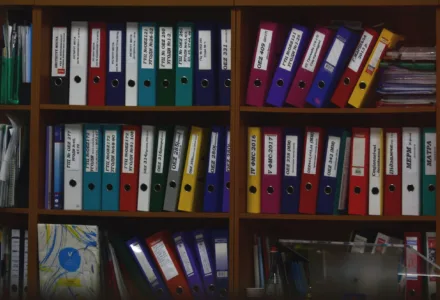Let’s talk about fear of missing out.
The decision to outsource a piece of work is one of the most difficult ones a business owner might take.
On the one hand, it can be an opportunity to bring in an extra pair of eyes, learn from a different discipline, bring an expert on board, and possibly improve more than just one process, if the experience yields important lessons to be learned.
On the other hand, it means relinquishing control – possibly for good – and inviting in someone whose expertise you, personally, may not be able to gauge accurately. It means taking a risk with your livelihood and – sometimes – the business you have put your heart and soul into.
In situations like these, fear of missing out can be a real liability – because you don’t want to fall back on your competitors, but you equally want to choose your partners carefully.
Time pressure also makes us more liable to suggestion
One of the biggest giveaways of an online scam is a pressure to do something quickly – “send money by so-and-so date”, or “click this link under pain of losing access to your bank account”. These are empty threats – but the likelihood of it being real is usually what pressures a victim into overriding their own healthy suspicion and complying with a demand.
When looking at outsourcing, time pressures can also result in a business making poor decisions. An owner might be compelled to take on the first company that applies to do the job, rather than waiting for a bit and comparing offerings. This is why transparency in pricing is so important, and having services that help us all get a sense of how much things cost is so valuable.
“If something is free, chances are that you are the product.”
This adage has been making the rounds a lot on the Internet, and as far as social media goes, it is often true. Even if a service doesn’t cost you money by itself, it is still likely monetising the data it gets from your browsing experience.
Open data is the exception, because open data is, by definition, free to use and peruse, no catch. Unfortunately, until such a time comes that every seller out there is 1000% transparent about their pricing strategy and their offer, we have to rely on another means of service selection: the slow, tedious, but crucial building of rapport and trust.
Our view at LORIC is that the best time to outsource is when you feel like you can treat your subcontractor like a partner in creating value – because that is what they are. Regardless of whether they are building an app or doing your filing, a subcontractor is someone who helps your business achieve its full potential. We believe that meeting and justifying the trust of our clients is far more important than anything else, and we hope that we will be able to keep demonstrating our value for many years to come.
What is your view? Do you often wait to build trust with a company you outsource to?
Related Posts

Visits to BGU from Innovate UK

LORIC Wraps Up Successful SED Project

Innovate UK’s East Midlands Knowledge Exchange Forum hosted on BGU campus!

Understanding the Economic Impact and Future Potential of Greater Lincolnshire’s Sport, Physical Activity & Leisure Sector

LORIC Wins Venue of the Year Award

Digitising the Archive of the 20th Century Philosopher John Macmurray
